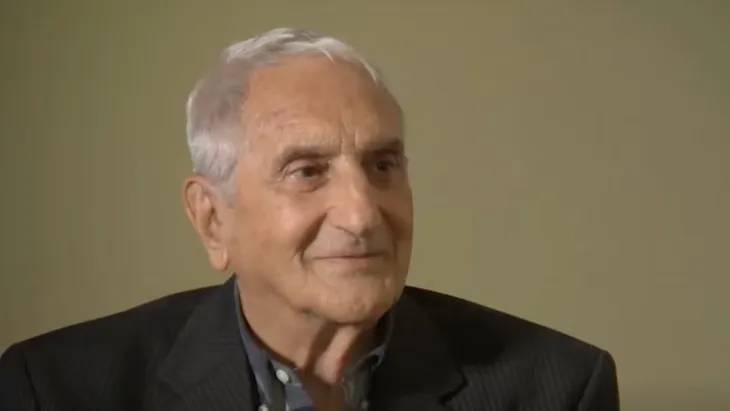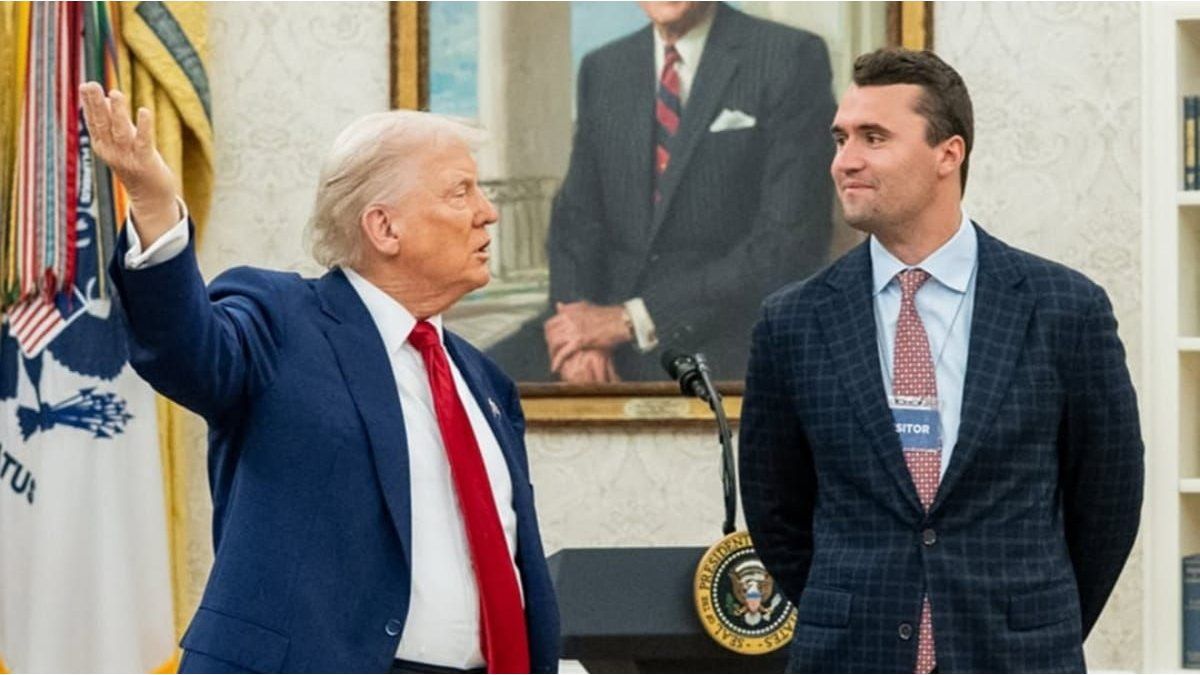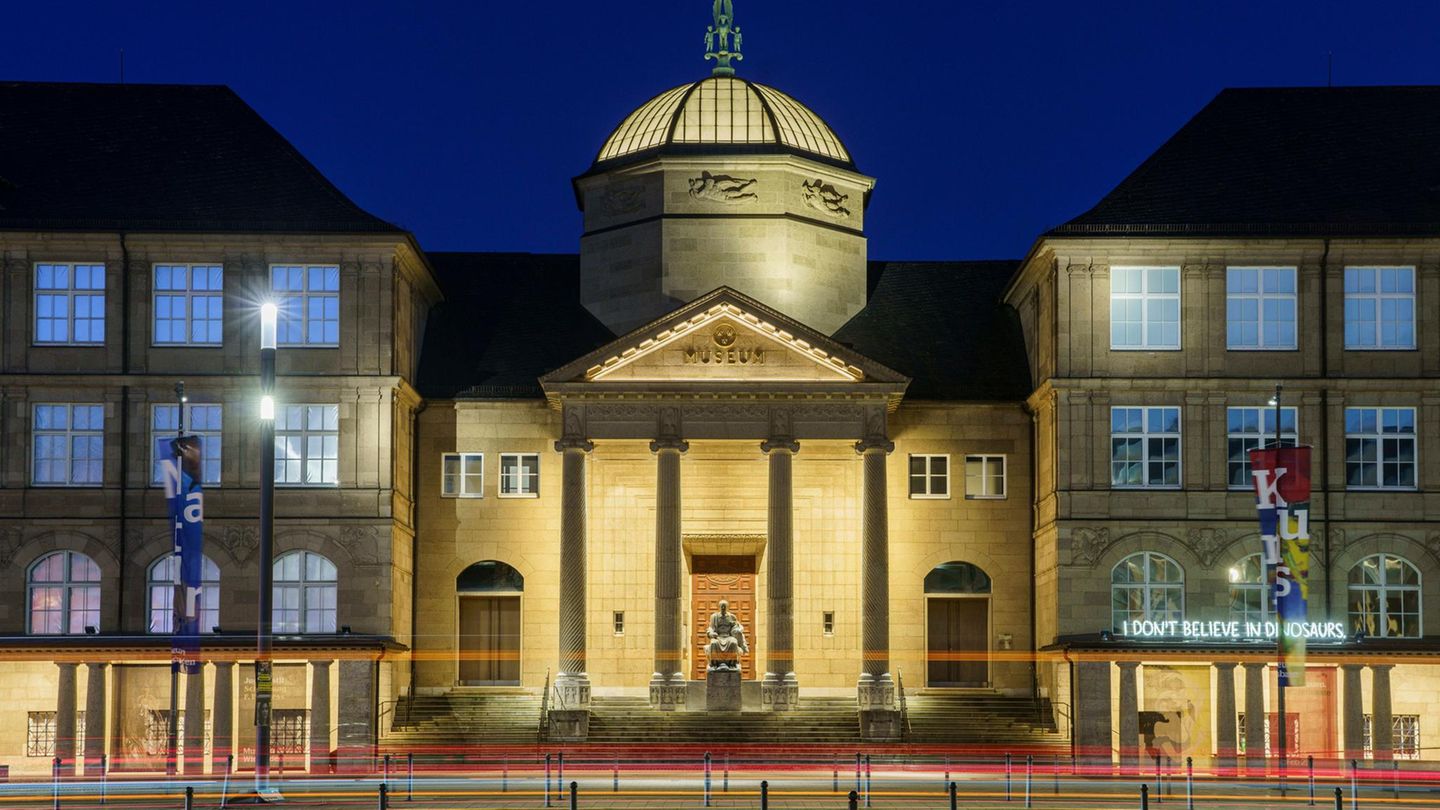Argentine journalism lost one of its most beloved and respected voices: Luis Pedro Tonian undisputed reference in the world of entertainment. His death, at the age of 91, leaves a huge void among colleagues, artists and those who grew up listening to or reading his chronicles about cinema, theater and national television.
For more than seven decades, Toni was part of the Argentine cultural fabric. With a sober, informed and non-shrill style, he earned everyone’s respect. His name became synonymous with career and rigorespecially at a time when entertainment journalism was still done with typewriters and tape recorders.
The news was confirmed by his son, Diego Toni, to Teleshow, who also clarified that, by family decision, there will be no wake. The news generated a wave of messages of affection and recognition on social networks, where many colleagues highlighted his legacy and professional generosity.
What Luis Pedro Toni died of
As it turned out, Luis Pedro Toni died of natural causesa product of the logical wear and tear of his advanced age. Although in recent years he had reduced his public appearances, he kept in touch with those close to him and continued to be interested in the news of the medium he loved so much.
At 91 years old, his health was already more fragile, but his lucidity was still intact. Those who knew him say that he continued watching television “as a journalist,” analyzing each format, each tone of conduct, as if he were still working. That passion—say his colleagues—was what accompanied him until the end.
The family asked for respect and privacy at this time. His son, Diego, expressed deep gratitude for the expressions of affection receivedespecially from colleagues and entertainment figures who shared years of work with him.
Luis-Pedro-Toni-death
The journalist’s career
Born June 29, 1934, Luis Pedro Toni began his career in 1955 in the magazine Criteriowhere he stood out in the Politics section. Shortly after, his curiosity for entertainment led him to specialize in shows, a field in which he shone for decades.
Between 1958 and 1984 he worked for the newspaper La Razón, a medium in which he consolidated his profile as a chronicler and cultural critic. His jump to radio came in 1966, when he joined Radio Excelsior and launched the Reporter series of the show, a name he also used for the magazine he founded that same year and which, years later, had its digital version.
Throughout his career, he spent time on emblematic stations such as Radio Rivadavia, Radio Nacional and Radio El Mundoand shared the microphone with historical figures such as Antonio Carrizo, Cacho Fontana and Héctor Larrea. He was also special envoy to Cannes Festival for more than 16 yearswhere he covered premieres and interviewed international film personalities.
On television, Toni was part of Nuevediariothe remembered Channel 9 newscast, where it stood out for its coverage of shows and its respectful treatment of artists. Later, he joined the panel of Controversy in the Bar, the classic series by Gerardo Sofovich, and even had forays into cinema, with appearances in titles such as Brigada explosiva (1986) and Blackie: una vida en blanco y negro (2012).
Source: Ambito
I am an author and journalist who has worked in the entertainment industry for over a decade. I currently work as a news editor at a major news website, and my focus is on covering the latest trends in entertainment. I also write occasional pieces for other outlets, and have authored two books about the entertainment industry.




